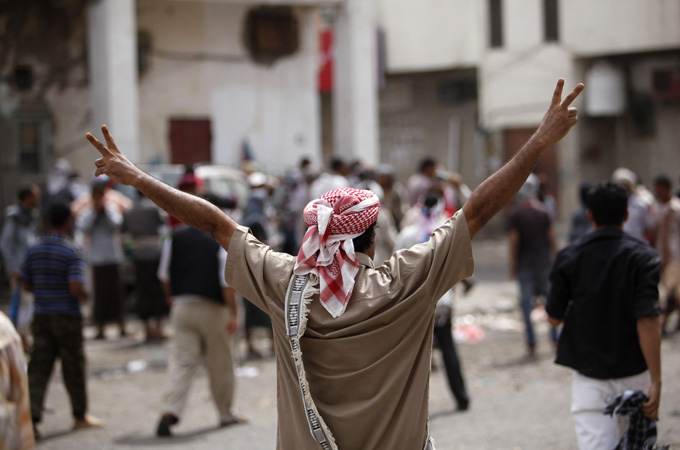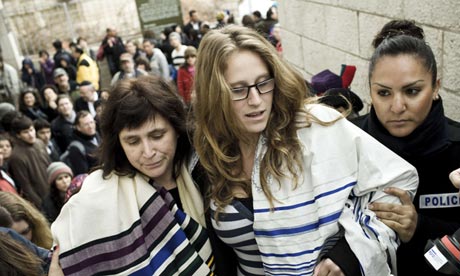By Justin Dorman
Impunity Watch Reporter, Middle East
MUSCAT, Oman – Recently, both Human Rights Watch, Swiss-based Arab rights group, Alkarama, and the International Federation for Human Rights have called for the release of reform activists in Oman who have merely utilized their rights to expression and association. Twenty-four of such individuals are participating in hunger strikes while incarcerated, in order to make others aware of their cause, and hopefully persuade Oman’s Supreme Court to listen to appeals on their cases, which they have so far rejected.
Oman’s actions to arrest and detain individuals who peacefully protest, violates both its own laws and international law. According to Oman’s Basic Law, Article 29 guarantees individuals the freedom of speech. Additionally, under international human rights law, content-based restrictions of expression are only allowed in incredibly narrow situations. Such situations include any inflammatory speech which is directed to incite violence, or slander or libel against private citizens.
Peacefully protesting and calling for reforms to bring about a better government do not warrant restriction. Defamation against politicians is possible, however, the standard at which the defamation is judged is greater than that of the ordinary citizen. Politicians willingly submit themselves to the spotlight of the public forum. Furthermore, it has been globally recognized that the citizen’s right to hold politicians accountable leads to a greater government which better corresponds to the will of the people.
Many of those who have been detained were arrested for cybercrimes based on their Twitter tweets and Facebook posts. Their comments fell very short of calling for tyranny or death to the Sultan. Instead, they spoke of specific instances in which reform would be beneficial to the country.
For example, Ismail Al-Muqbali tweeted, “the lower house will not be able to respond to the people’s demands until it transforms its policies from mere reactions to initiatives and affirmative actions.”
Osama Al Tuwayyah blogged, while out on bail, “to everyone. . .our judicial system does nothing but protect corruption. . .To everyone. . .Our judicial system is not transparent or accountable in any form.”
Instead of being able to work towards positive reform of Oman, these individuals have been found guilty of defaming the Sultan, violating the cyber law, unlawful assembly, disturbing the public order, and illegal gathering.
Deputy Middle East director for Human Rights Watch, Joe Stork said that “Omani authorities are trying to suffocate the pro-reform movement by imprisoning these activists with laws that violate international standards, but the activists are refusing to be silent.”
Besides for refusing to be silent, they are also refusing to eat. Twenty-four activists have been partaking in a hunger strike to protest their incarcerations since February 9, 2013. Six additional violent protestors who were arrested have also joined this hunger strike. That makes a total of thirty Omani individuals who are starving for government reform.
As time passes, the conditions of these hunger strikers continue to deteriorate, almost to the point of death. Saeed Al-Hashemi was taken to the Royal Hospital in Muscat, where a neurologist said he was in dire need of treatment after taking some horrific blows to the head at a “peaceful” protest. Hamad Al-Kharusi and Bassam Abu Qasida have also been moved to the jail’s clinic to treat their extreme exhaustion.
For further information, please see:
Human Rights Watch – Oman: Free Reform Activists – 22 February 2013
International Federation for Human Rights – Oman: Release Immediately and Unconditionally all Detained Human Rights Defenders and Activists – 21 February 2013
Alkarama – Oman: Nine Online Activists Calling for Reforms Sentenced to Prison – 9 February 2013
Amnesty International – Oman: Activist Arrests Threaten Freedom of Expression – 15 June 2012


